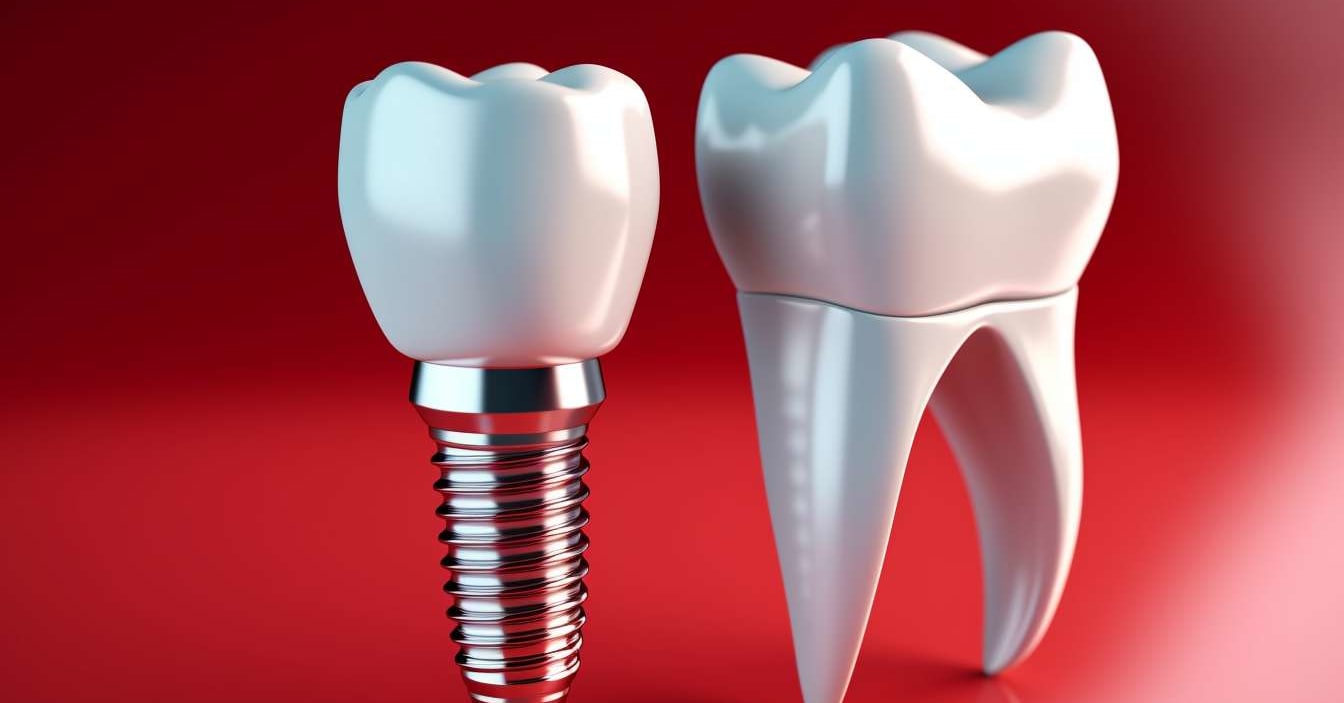2025 Dental Implant Prices and Options in Canada
Did you know full mouth dental implants cost between CAD $7,000 and $30,000 per arch in Canada? Learn practical ways to navigate costs, insurance tips, and how to choose the right specialist for your best oral health investment and successful recovery outcomes.

Dental implants represent one of the most significant advances in modern dentistry, providing Canadians with a durable solution for tooth replacement. The procedure involves surgically placing a titanium post into the jawbone, which serves as an artificial tooth root. Over time, this post integrates with the bone through a process called osseointegration, creating a stable foundation for a crown, bridge, or denture.
What are dental implants and how do they work?
Dental implants consist of three main components: the implant fixture (titanium post), the abutment (connector piece), and the prosthetic crown. The titanium post is surgically placed into the jawbone where it fuses with the bone tissue over several months. This integration creates a strong foundation that mimics the function of a natural tooth root. Once healing is complete, an abutment is attached to the implant, and finally, a custom-made crown is secured to restore both function and appearance.
How much will dental implants cost in Canada in 2025?
Dental implant costs in Canada vary significantly based on location, complexity, and the dental professional performing the procedure. Single implants typically range from $3,000 to $6,000, including the implant, abutment, and crown. Multiple implants or full mouth reconstructions can cost between $20,000 and $50,000. Factors affecting pricing include the need for bone grafting, the type of restoration required, and geographic location within Canada.
What materials are used for dental implants in 2025?
The most commonly used material for dental implants remains commercially pure titanium or titanium alloy due to its biocompatibility and strength. Some manufacturers also offer zirconia implants, which provide a metal-free alternative with excellent aesthetic properties. The crowns attached to implants are typically made from porcelain, porcelain-fused-to-metal, or all-ceramic materials. These materials are chosen for their durability, natural appearance, and ability to withstand the forces of chewing.
What is involved in a full mouth dental implant procedure?
A full mouth dental implant procedure typically involves placing four to eight implants per arch to support a complete set of replacement teeth. The process begins with comprehensive planning using 3D imaging to determine optimal implant placement. The surgical phase involves placing all implants in a single session or over multiple appointments. Temporary prosthetics may be provided while the implants heal and integrate with the bone. The final restoration phase involves creating and placing permanent prosthetics designed to look and function like natural teeth.
| Provider Type | Service Offered | Cost Estimation |
|---|---|---|
| General Dentist | Single Implant | $3,000 - $4,500 |
| Oral Surgeon | Single Implant | $4,000 - $6,000 |
| Periodontist | Single Implant | $4,500 - $6,500 |
| Prosthodontist | Full Mouth Restoration | $25,000 - $45,000 |
| Dental Clinic Chain | Single Implant Package | $3,500 - $5,000 |
Prices, rates, or cost estimates mentioned in this article are based on the latest available information but may change over time. Independent research is advised before making financial decisions.
How can Canadians navigate dental implant costs and insurance in 2025?
Navigating dental implant costs requires understanding insurance coverage limitations and exploring financing options. Most provincial health plans do not cover dental implants, though some private insurance plans may provide partial coverage. Canadians should review their benefits carefully and consider supplemental dental insurance if planning implant treatment. Many dental offices offer payment plans or financing through third-party providers. Health Spending Accounts (HSAs) and Flexible Spending Accounts can also help manage costs by using pre-tax dollars for dental procedures.
Dental implants continue to evolve as technology advances, with improvements in materials, surgical techniques, and digital planning making procedures more predictable and comfortable for patients. While the initial investment may seem substantial, dental implants often prove cost-effective over time due to their longevity and the preservation of surrounding teeth and bone structure. Canadians considering dental implants should consult with qualified dental professionals to determine the best treatment approach for their individual needs and circumstances.
This article is for informational purposes only and should not be considered medical advice. Please consult a qualified healthcare professional for personalized guidance and treatment.




